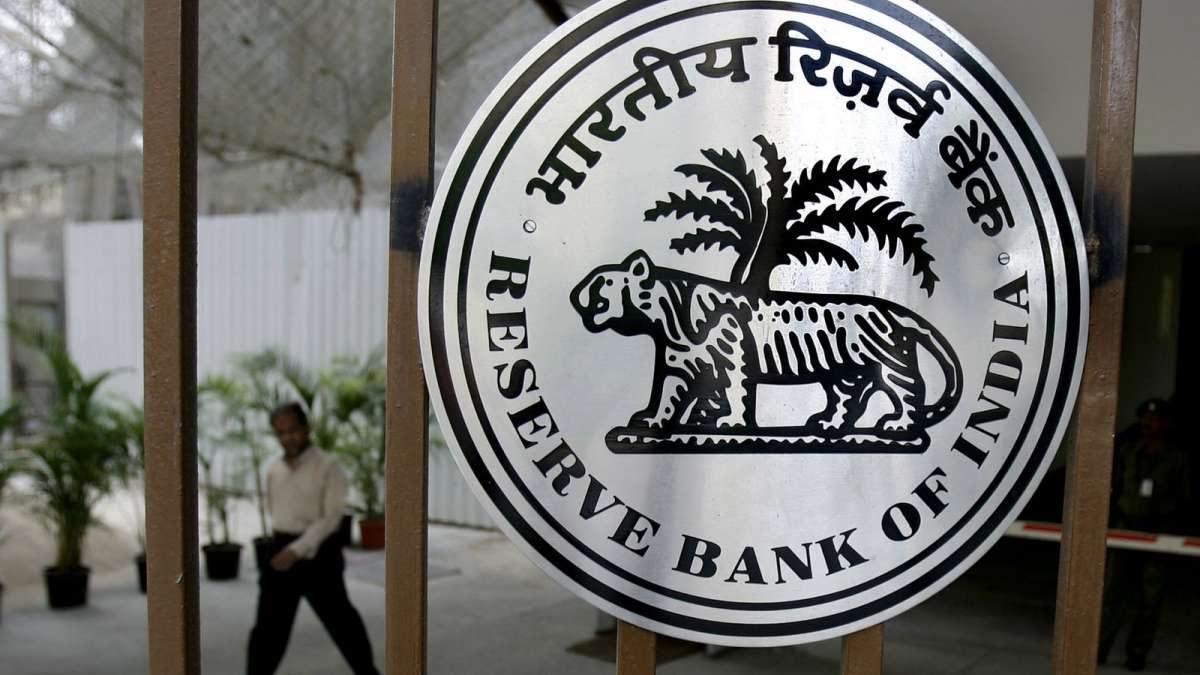The Reserve Bank of India (RBI) issued a warning on Friday regarding an increasing number of fraud cases related to Know Your Customer (KYC) updation. The general public is being cautioned against falling victim to scams where customers are deceived through unsolicited communications.
Fraudsters typically employ various tactics, such as phone calls, SMS, or emails, to manipulate individuals into disclosing personal information, account details, or installing unauthorized apps via links provided in the messages. These communications often create a false sense of urgency, threatening customers with account freezing, blocking, or closure if they do not comply.
Once customers share crucial personal or login details, fraudsters gain unauthorized access to their accounts, leading to fraudulent activities. In response to financial cyber frauds, the RBI advises the public to promptly file a complaint on the National Cyber Crime Reporting Portal (www.cybercrime.gov.in) or contact the cybercrime helpline at 1930.
To protect themselves from such scams, the public is encouraged to follow the provided do's and don'ts:
Do's:
- When requested for KYC updation, directly contact the bank/financial institution for confirmation or assistance.
- Obtain the contact number or customer care phone number of the bank/financial institution only through official websites or trusted sources.
- Inform the bank immediately in case of any cyber fraud incident.
- Inquire with the bank branch to confirm available modes/options for updating KYC details.
- Refer to the RBI Master Direction on KYC dated February 25, 2016, paragraph 38, for details on KYC updation requirements and channels.
Don'ts:
- Do not share account login credentials, card information, PINs, passwords, or OTPs with anyone.
- Avoid sharing KYC documents or copies with unknown or unidentified individuals or organizations.
- Do not share sensitive data/information through unverified or unauthorized websites or applications.
- Avoid clicking on suspicious or unverified links received via mobile or email.
(With Agency Inputs)
Read also| RBI Announces 97.5% Return of Rs 2,000 Banknotes: Latest Update on Currency Circulation
Read also| RBI Allocates Rs 5,000 Crore to Alleviate Liquidity Concerns for Primary Dealers


















